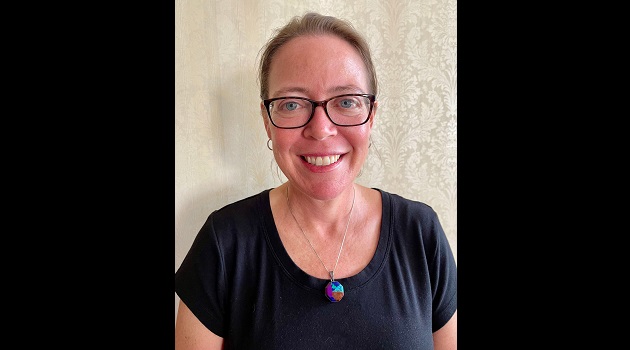By Sarah Ostergaard
A school is not a business and should not be run as if it were. When we attempt to run a school like a business, we set it up to fail the students and also our own community.
Have you heard about The Blueberry Story by Jamie Vollimer?
Mr. Vollmer was a businessman and attorney who practiced law then led a successful ice cream company. He now writes about and advocates for community support of public education. I recommend reading his book, Schools Cannot Do It Alone, which is where I first read this poignant story. Maybe add this book to your holiday shopping list as a gift for yourself.
Here is the story, in a nutshell. Please take the time to google his name and The Blueberry Story itself or, if reading this article in the New Irmo News online, click here: https://www.edweek.org/education/opinion-the-blueberry-story/2002/03.
Long story short, Mr. Vollmer’s company’s ice cream was so good that People Magazine had proclaimed the company’s blueberry ice cream the Best in America. He was also a member of the Iowa Business Roundtable, a group of savvy businessmen determined to improve Iowa’s public schools. At that time, he criticized public schools and believed that education could be fixed if schools were run like businesses. After a Socratic encounter with an English teacher, however, he earned an education into the reality of public schools’ daily existence and fundamental purpose. Since this encounter, he has instead become a fierce advocate of increased community involvement as a way to boost school improvement. This is because schools are a reflection of the communities they serve, not assembly lines.
Basically, the Blueberry Story is a tale of inputs and explains why a business fundamentally differs from a school. Years ago, the author was giving a speech about applying business methods to education. During the Q&A at the end, a veteran English teacher asked him to explain how the company sources the highest quality ingredients. He answered that the cream is the best and the berries are up to the highest standards. She asks what his company would do instead with a delivery of blueberries that did not meet his company’s defined standards. He replied honestly that the company would refuse delivery and send them back.
This, my friends, is the difference between a business and a school. Our neighborhood public schools take everyone, one and all, and our teachers teach everyone, one and all. These teachers need our support and a deeper understanding of how schools function. But don’t try to use this story as a reason to say the schools produce an inferior product; don’t assume the unsubstantiated viral negative story is a common occurrence. Consider the multitude of positive stories of students learning a trade or getting a head start on medical or cybersecurity careers, students improving their futures through AP and IB courses, students taking financial literacy courses and teaching their families, students earning scholarships for higher education because a teacher believed in them.
Our students’ success is directly attributed to our community’s dedicated teachers who accept every child and teach them, whether the child was lovingly fed a healthy breakfast or not, lives in a safe home or not, speaks English or not, has learning disabilities or not. No one is turned away and this – THIS – is why we need to focus on understanding and supporting our schools. We need less tearing down and fewer political soundbites. Our community’s children are educated by teachers in the community. Education is a difficult labor of love. Children are not blueberries and schools are not businesses.



